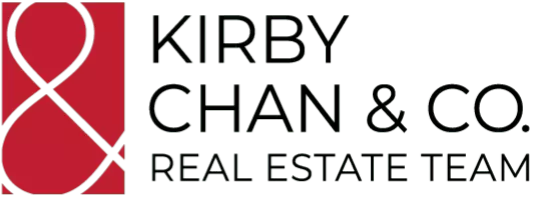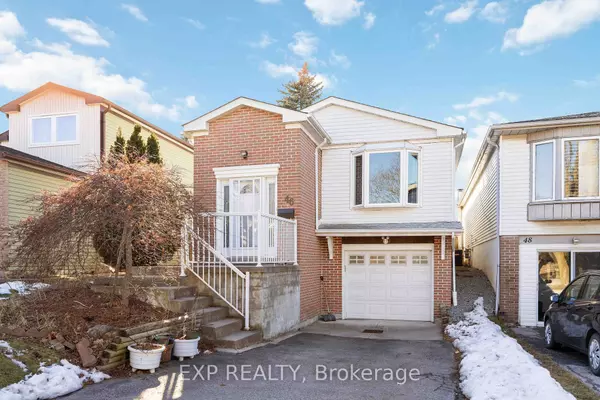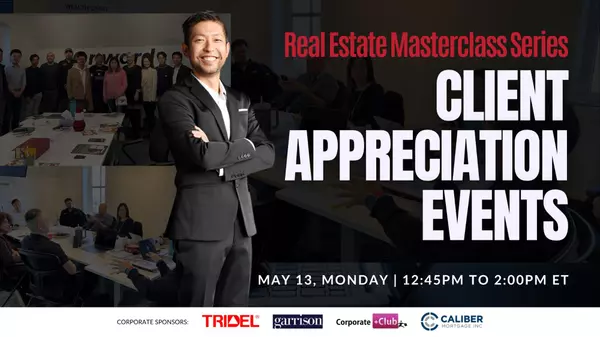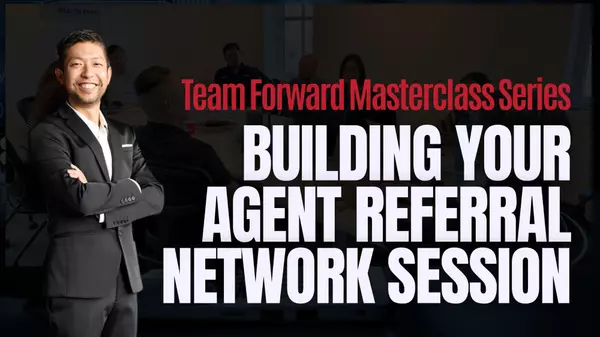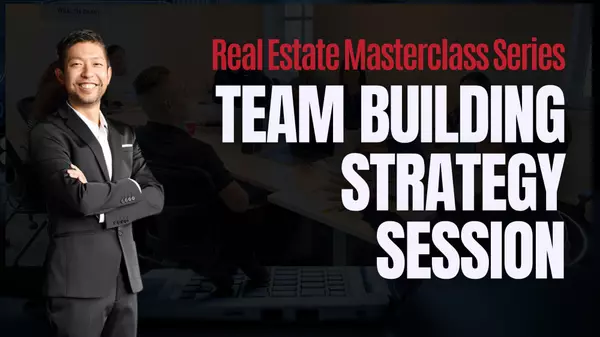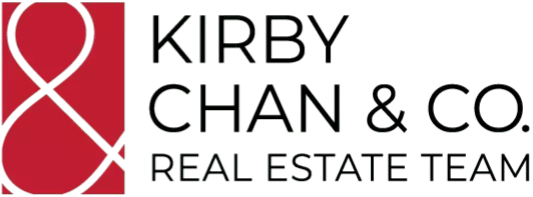Becoming A Realtor In Ontario
Becoming A Realtor in Ontario
Starting a new career path is not always easy. There are a lot of things you need to keep in mind before pursuing any type of career. Becoming a real estate agent can be fulfilling and it opens doors to many opportunities. Like most career paths, becoming a realtor will require a specific educational background. Becoming a realtor also will require you to invest in your education and career journey. While you may already have a general idea of what the role of a realtor is in the real estate industry, how exactly can one become a realtor? What are the requirements and how long does it take to become an official real estate agent in Ontario?
- Pre-Registration
The first step in becoming a realtor is to pre-register in educational courses and examinations. This step is mandatory for all aspiring realtors before registering in the Real Estate Council of Ontario. These pre-registered courses are flexible towards your schedule and offer learning materials that are accessible online allowing you to take the courses remotely. This program, also referred to as the Pre-Registration Learning Program is offered at Humber College. To be qualified for the program, you must acquire a Canadian secondary school diploma, GED certificate or any equivalent credential acceptable to the college. Applicants who are accepted will go through a total of 5 courses, 2 week-long simulation sessions and 4 exams that cover topics on Real Estate Essentials, Residential Real Estate Transactions, Commercial Real Estate Transactions and Getting Started.
- Real Estate Essentials - discusses the responsibilities of a salesperson and legal requirements according to what is stated in the rules governing real estate in Ontario.
- Real Estate Transaction - discusses the process of listing, buying and selling real estate and the different marketing strategies and real estate contracts.
- Commercial Real Estate Transactions - discusses the listing, buying and selling commercial properties and negotiating sales of a business.
- Getting Started - discusses the general process of getting started in the real estate industry.
These courses and examinations will take around 150 hours, depending on how well you perform and understand each session. You will need to pass one examination before moving on to the next one. Simulations are taken in person and last a week per session. Here, you will be able to apply what you have learned in the courses in real-life situations to test how well you retained what you have learned in the courses.
- Register with RECO (Real Estate Council of Ontario)
Once your courses have been accomplished and you have passed all examinations in step one, you may then register with RECO and find a brokerage you want to work with. You may only complete this next phase within a year after completing your courses and passing the pre-registration phase. Finding a brokerage to work with is not that hard since there are several to choose from in the GTA. Your selection varies from small independent brokerages to large corporations with franchises all over the world.
After registering with RECO, you may begin your journey in the real estate industry as you are now officially a real estate agent. In registering with RECO, you will have to pay a fee of $590.
- Post Registration
During your first 2 years after registering with RECO, there are still mandatory compliance courses you have to take. After the first 2 years as a newly licensed real estate agent, or the “articling” period, you need to accomplish the Post-Registration phase wherein you must complete 2 out of 5 electives on top of the mandatory courses. To continue being a real estate agent, you must complete Continuing Education courses every 2 years to renew your registration.
Categories
Recent Posts
